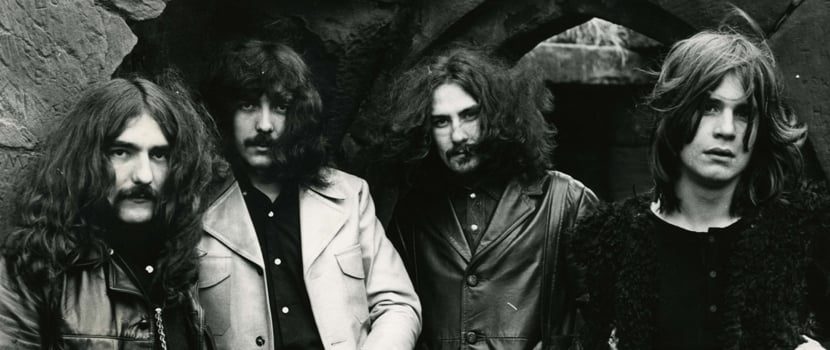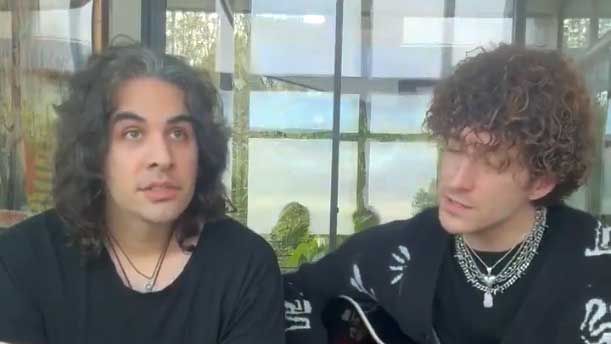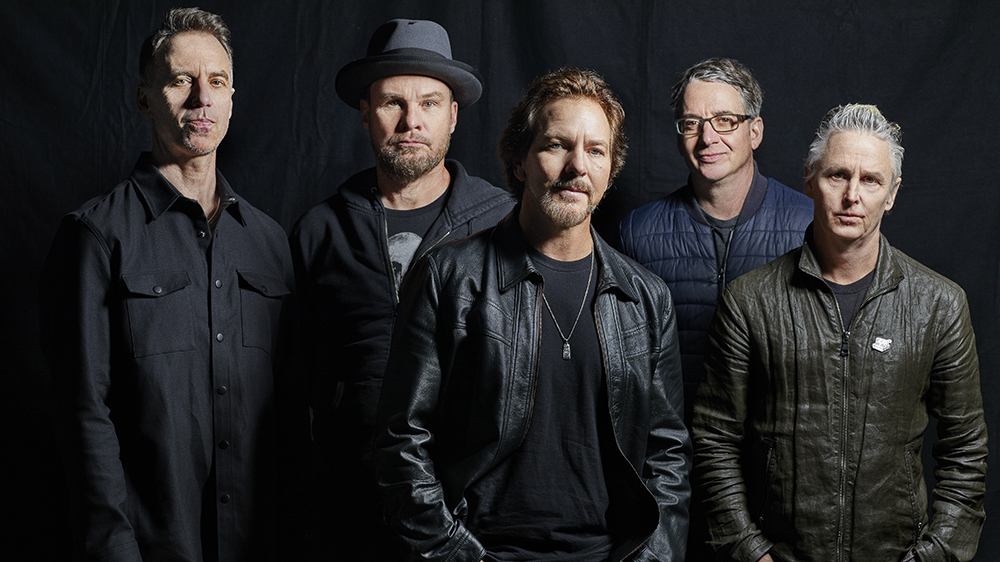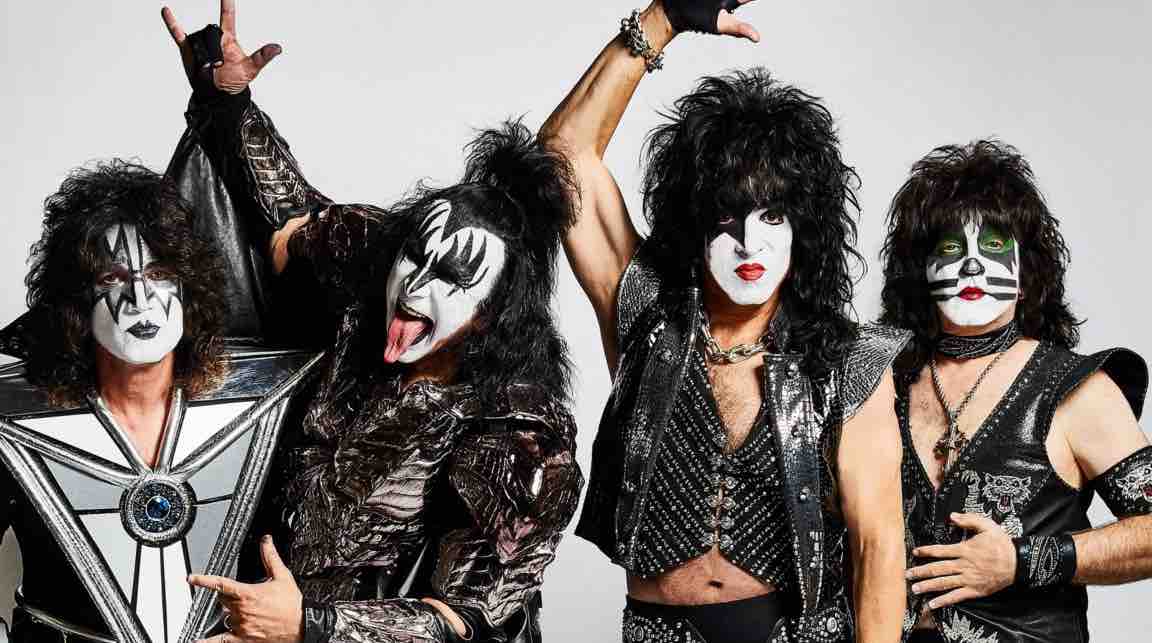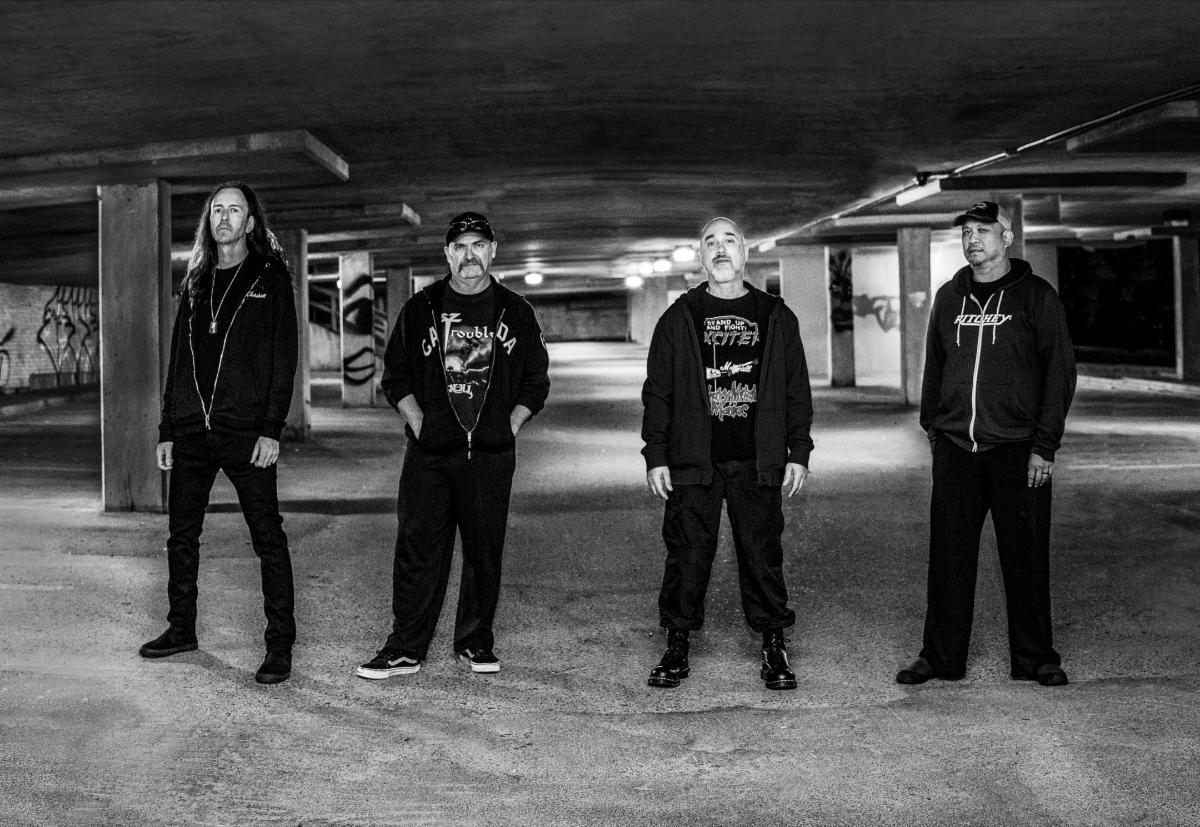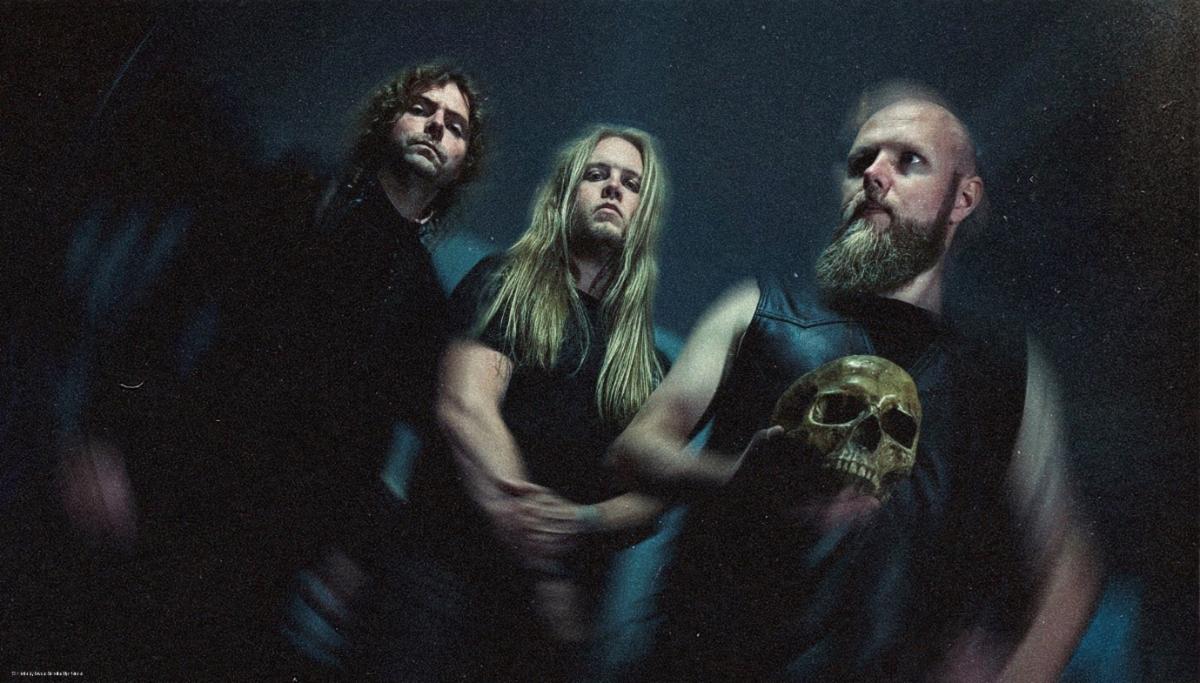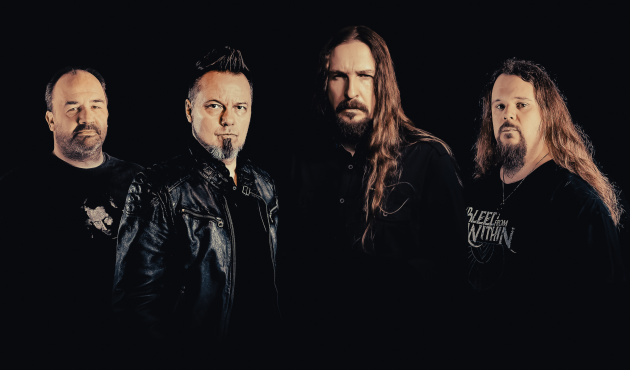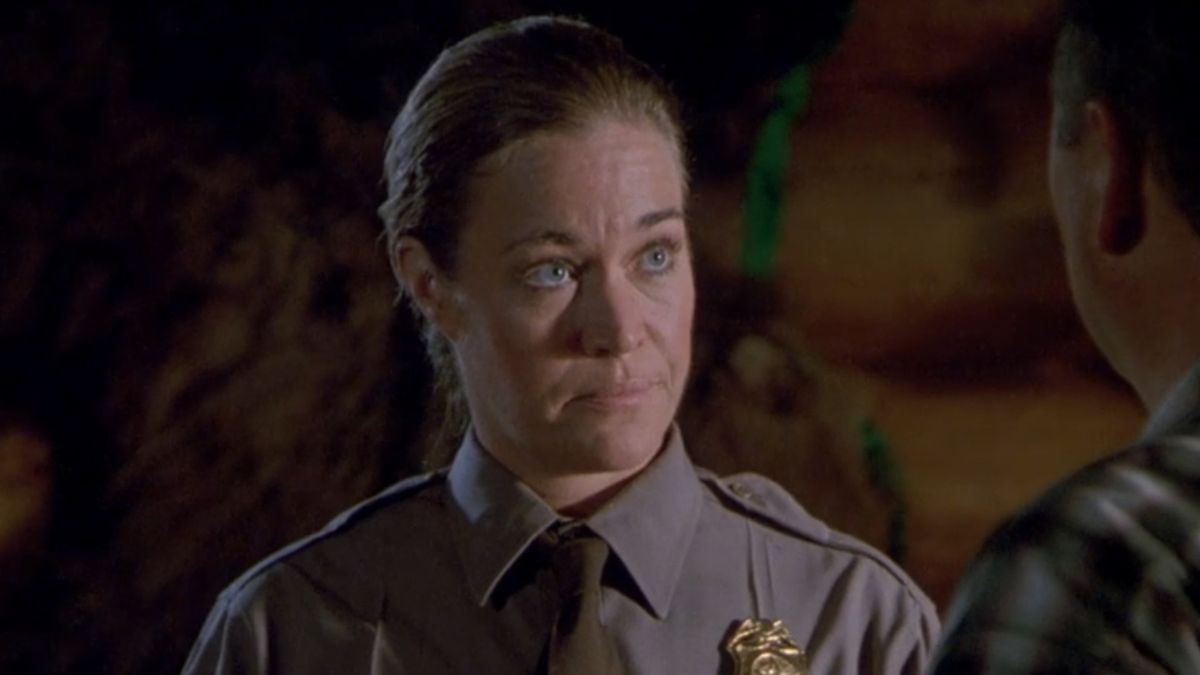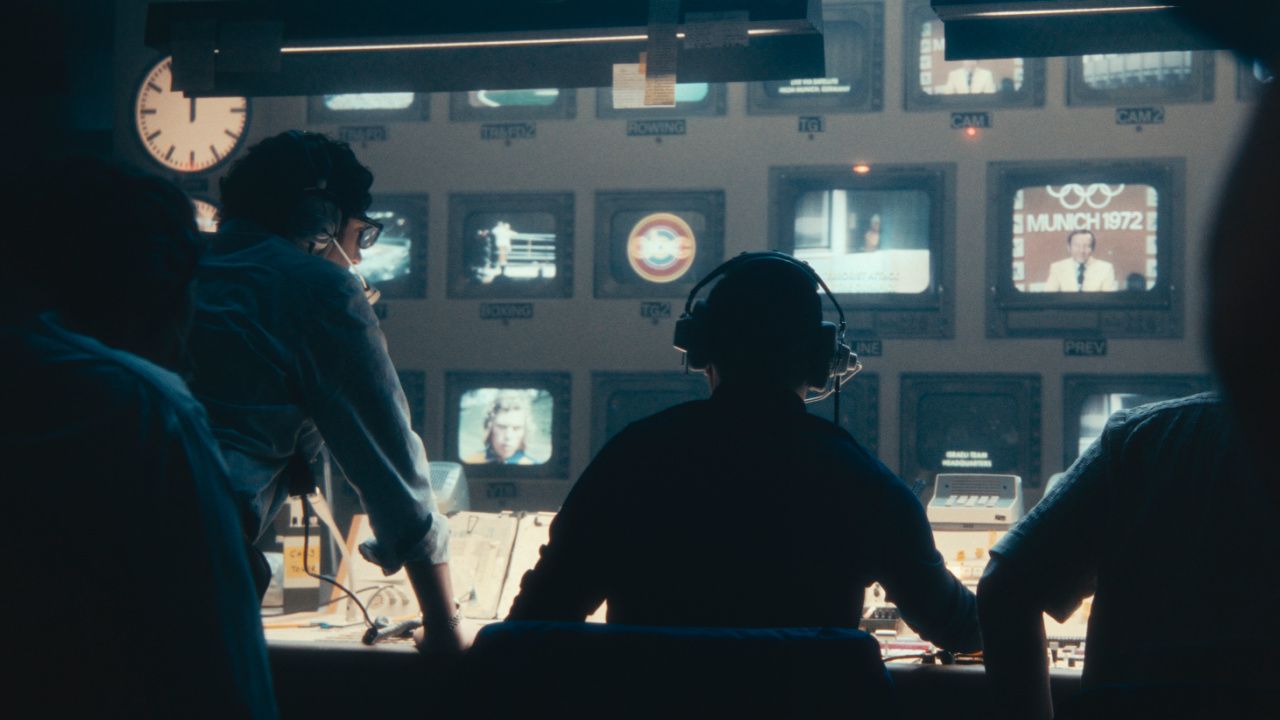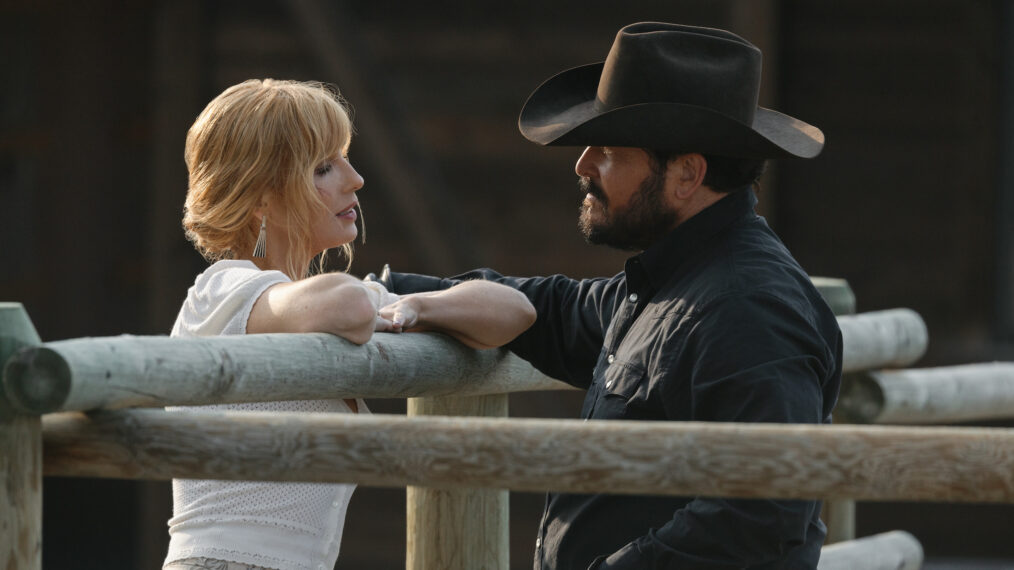
Not only has Steve Wynn written a must-read music memoir, he also created the perfect soundtrack to accompany devouring his page-turner. I Wouldn’t Say It If It Wasn’t True: A Memoir Of Life, Music, And The Dream Syndicate (Jawbone Press) tells the warts-and-all story of his time fronting his legendary ’80s Paisley Underground band. Make It Right (Fire) is Wynn’s first solo album since 2010, and he wrote and recorded it while penning I Wouldn’t Say It If It Wasn’t True. The book and album are out August 30, but we have an excerpt from the memoir for you to check out now: a behind-the-scenes look at the 1984 tour that the already-showing-signs-of-imploding Dream Syndicate did opening for the on-the-verge-of-exploding R.E.M.
Our Side Won—On Tour With R.E.M.
The Dream Syndicate’s reinvention and ensuing audience confusion continued with the R.E.M. tour. We had very consciously made the decision to represent the new album (Medicine Show) and current sound of the band rather than to revisit the Paisley Underground combo we had been less than one year earlier. Those jangly, feedback-laden days seemed like another lifetime that happened to other people at that point, and, in fact, with (bassist) Mark Walton and (keyboardist) Tommy Zvoncheck, we really were a very different band. Compared to the spring of 1983 and our days of opening for U2 and our status as critic’s darlings, we had changed in many ways. Our hair was longer, our A&M-purchased amplifiers were more expensive, (guitarist) Karl (Precoda) and I were barely speaking to each other, and the feedback and noise had been eschewed and replaced by a big-room bombast that seemed exciting and bold to us but couldn’t have been more different than what we had sounded like before.
We had a few days of rehearsal in Los Angeles before the first show of the tour in Fresno to come up with new arrangements and setlists that put Tommy’s keyboards front and center, much as they are on the album—the focal point of our new sound. We decided we would open the show each night with a 30-second bit of solo piano by Tommy that would incorporate elements of 20th-century classical music and free jazz and conclude with him playing the riff to “Tell Me When It’s Over,” at which we point we would kick in and start the show. We were excited by this dramatic presentation, but it would serve to confuse the college-rock fans who felt like they were coming to see the shining lights of the underground rock music scene. (While we chose to draw a line between who we were pre-and-post San Francisco, R.E.M. would perhaps more wisely deliver on who they had been since they began and delight the uninitiated they had picked up along the way.)
Another big change was our mode of traveling and touring. We booked a tour bus and hired a four-man crew—tour manager, sound engineer and two stage techs to better handle our new, bigger and much heavier gear. I remembered the days when we were able to fit our guitar amps and entire entourage into my Honda Civic. Not anymore.
At the time, I did not know the concept of recoupable expenses. I just thought the label pays for stuff and we gratefully accept their generosity, free of charge. A&M did indeed agree to foot the considerable downfall of a budget that would include the tour bus, crew and decent mid-level hotels for the tour. The rest of the band and crew would have to share rooms; I was the lone person given a single room, maybe because I was perceived as the star but more likely because I was perceived as a drunken, loose cannon with whom nobody would want to room. I had used the excuse that I needed time to myself to write songs after the show, and that was good enough justification for A&M.
A tour bus is considered a line of demarcation for bands—a sign that you’ve made it and have entered the fraternity of rock stars that have come before. It’s a rolling party pad on wheels, refrigerators filled with beer and snacks, AV setups for music and movies, shared tables for games and socializing, and bunk beds a few steps behind for sleeping it all off when desired.
Personally, I’ve never been a fan of tour buses. Needing a larger level of solo time, I prefer vans where you mostly stare at the back of your traveling companions’ heads rather than at their faces for hours upon end, creating the illusion that you’re alone in your own world even though five or six bodies are within a few feet of each other. Also, in a touring van, you can stop for food or to stretch your legs anytime you want. The bus routine is usually dictated by the driver, especially as there are snacks and even a little room to roam on board. You’re in a bubble, and often you don’t even look out the window or have any idea of the scenery you’re passing along the road.


In the back of most tour buses, there is usually a smaller lounge room that is often given to the star or leader of the band, and, once again, that private and socially distanced lounge was bequeathed upon me. Much like the single room, it was likely done under the justification that I might write a few songs and that the others might appreciate a break from me. Or maybe it was the smell of my hair spray and increasingly odorous thrift-store suit jacket that wasn’t cleaned a single time during the two-month tour.
Despite the baffled stateside press response, the record was doing quite well at radio, and “John Coltrane Stereo Blues,” at almost 10 minutes in length, managed to scale the top of the college-radio chart for two straight months. The lyrically sinister yet traditionally rocking “Daddy’s Girl” was the song pushed at commercial stations and was getting more traditional FM-rock airplay than anything we’d had before. If our critic’s darling status had diminished a bit, our foray into the mainstream was being embraced in ways we hadn’t seen before.
From the first show with R.E.M. in Fresno, it was apparent that this tour would be very different from the one with U2. The band knew and embraced us as friends, and it was apparent that we were invited to hang out with them as much as we’d like. We were also mutual fans and would check out each other’s sets nightly. At some shows, they would invite me and Karl onstage for their encore. I remember one night at the Orpheum Theater in Boston, singing a duet of “There She Goes Again” by the Velvet Underground with Michael Stipe, probably as close as we would come on the tour to evoking the band who had been our constant touchstone and comparative point only a year earlier.
The blurred edges between the bands also extended to my traveling choices. While the tension grew between me and Karl, Peter (Buck) and I had become closer, and he would invite me to travel with them and hang out on their bus as much as I wanted. Michael had his own bus, and the parties on the R.E.M. bus with Peter, Mike Mills and Bill Berry seemed more welcoming to me than the ones on ours.
There are a lot of great things that I like about being an opening act. Most of all, you have the chance to win over new fans, and that challenge has always kicked my performances into a higher gear, more intense and ambitious and wider in scope. It appeals to my sense of desire for inclusion and cohesion, as though I’m throwing a party and want all my guests to feel comfortable. I’m sure I do the same when I’m the headliner, playing to my own fans, but I also tend to feel more relaxed, knowing that they paid to see me do what I do and that I don’t need to do more than whatever feels right that night. I throw myself on the line more when playing to the uninitiated and see it as a nightly crusade.
Both scenarios usually yield good results, but they can result in very different shows. Trying too hard in front of your own fans, much as it would be with your closest friends, can be unnerving and imposing. Being too diffident or lazy with newcomers can leave a bland and forgettable impression.
Being an opening act also means you have a shorter day. You can arrive later for soundcheck, and you’re also done earlier. Rather than the eight hours you are on the job as a headliner, an opening act’s time at the venue could be as brief as two or three hours. It can leave more time to see the city, visit friends or get some rest. Or, if you’re on tour with a band like R.E.M., whose company you enjoy and whose music you like, it means you’re done early, usually before 9 p.m., and can shift over not only to being a fan but also to being a fan with an all-access pass, a spot saved for you right by the side of the stage, and all of the snacks and alcohol you could want only a few steps away in the dressing room.
I made a point to be well-lubricated even before our own set so that I could channel whatever demons lay behind the character I had invented on Medicine Show—a character that I also felt worked on the big stages and theaters we were playing. Our manager, Tim, had instructed me on the U2 tour to play to the back row, something I had never even considered before. On this tour, I was playing to the back row and probably even somewhere deep into the parking lot. It was a big performance for a big widescreen record, and very different from the insular, internal approach that had gone along with the similarly tightly coiled The Days Of Wine And Roses.
Or maybe I just liked to drink whiskey and had become accustomed to drinking a lot of it every day, usually well more than a fifth of Beam by the time my night was done. And with my work night done and a very entertaining band to watch from the side of the stage, the drinking shifted up a gear for R.E.M.’s two-hour set. They were truly fantastic, Peter and Mike athletically kinetic, covering every inch of the stage as well as a few feet above it, all vertical leaps and scissor kicks. Unlike our mostly static setlist, theirs changed from night to night, mixing up the choices from their two albums and new songs from the album that would follow, plus an exhaustive supply of cover songs, often learned that day. They even played our own “Medicine Show” a handful of times, out of tribute and playful parody, Michael imitating the grandiose dead “STOP” of the band that I had begun to employ on our live version of the title track from The Days Of Wine And Roses.
“I do a great Steve Wynn impression,” Michael said one night, “and he does a great one of me.”


